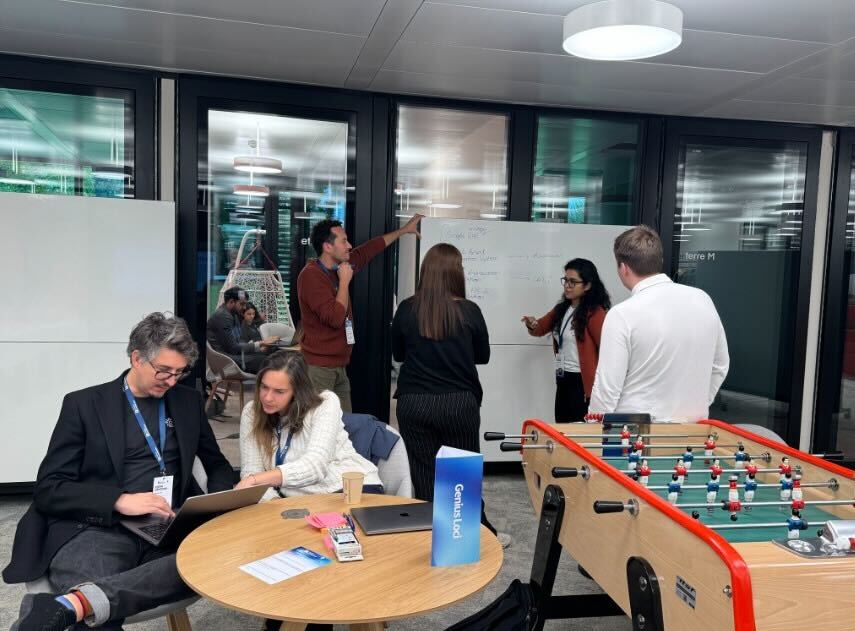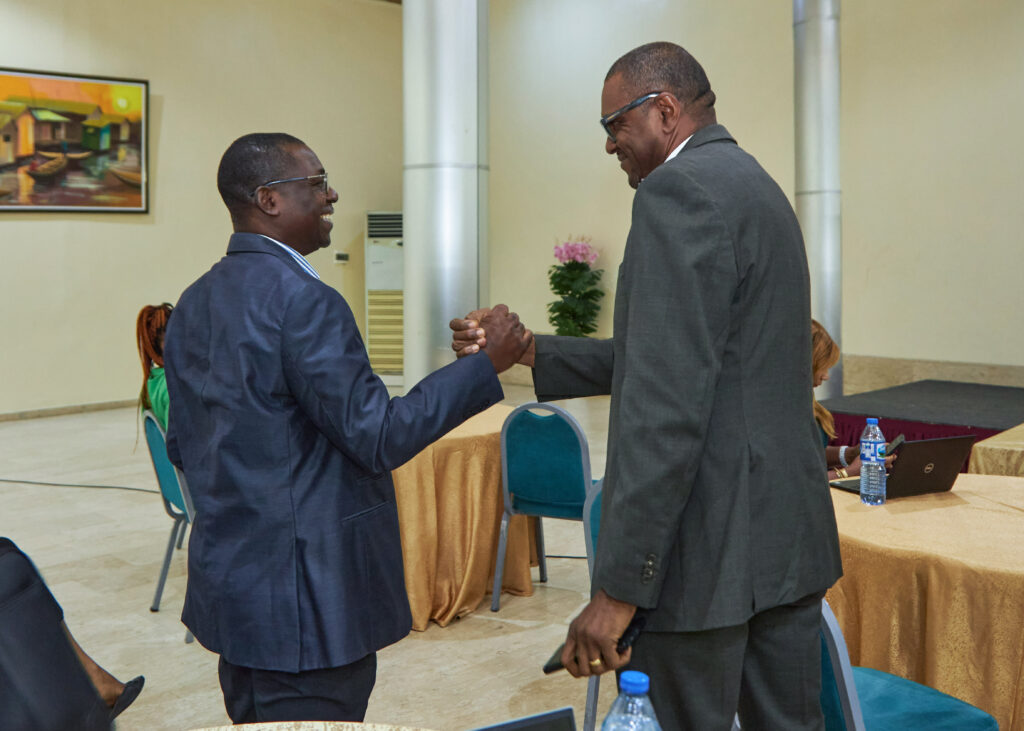
Every time I turn on the news I see the terrible consequences of COVID-19. The overwhelmed emergency rooms, the exhausted, frightened healthcare workers, the death toll, the crashing economy. And much as this terrifies me, I am privileged to be seeing it from a safe spot, I am in isolation, able to do my day job, connect with my teams and leave the house to exercise. Imagine how much worse it is for anyone being treated for cancer right now.
And not only is going through cancer bad enough, but I fear if the example of Scotland is anything to go by, where there is a 72%* drop in urgent GP referrals for cancer, there is worse to come for patients that won’t get treatment in time.
This pandemic has turned our world upside down, but it has also shown that with some ingenuity, willing and ideas, that technology is key to finding solutions fast. Tracking apps and scientific platforms to share experience. Partnerships we wouldn’t have expected – Mercedes Formula One team and University College Hospital London to name just one. Amidst the horrors, we have also created a new digital normal. We have video conference meetings replacing meetings, Facetime with our parents and livestreamed major conferences. And this move to technology – always coming, but not this fast – can have an enormous impact on healthcare delivery in cancer.
Telehealth – including telemedicine, telementoring and telecounselling – has become a vital lifeline to support frontline health workers as we practice social distancing. It has also been key to monitoring cancer patients during this terrible time. But after the crisis, it also needs to be integrated into health systems for the long-term. With this technology intervention, we can go much further and dramatically increase our ability to prevent, screen and treat cancer across wider geographies.
Which brings me to our partnership with the City Cancer Challenge and why it is so important. The work the team is doing to provide quality oncology treatment at the city level is critical and with it comes digital technology. In our next phase of the Roche/C/Can partnership, we will be supporting C/Can to pilot its first ECHO Programme, which aims to channel technical assistance through the ECHO model, facilitating communication across cities, regions and countries. ECHO was originally developed in New Mexico to treat hepatitis C, and is translating well to this setting. By leveraging the different working groups set up in C/Can cities, and mobilising international and regional experts, it will allow knowledge to be shared between a wide group of professionals and catalyse change. And, what is amazing about this model is that what works in Albuquerque, can also work in Asunción.
It may be my natural optimism, but I believe COVID-19 can become a great teaching moment and, if we learn and act on these lessons, we can accelerate progress in strengthening health systems. And next time I turn on the news, I want to keep this thought top of mind.





